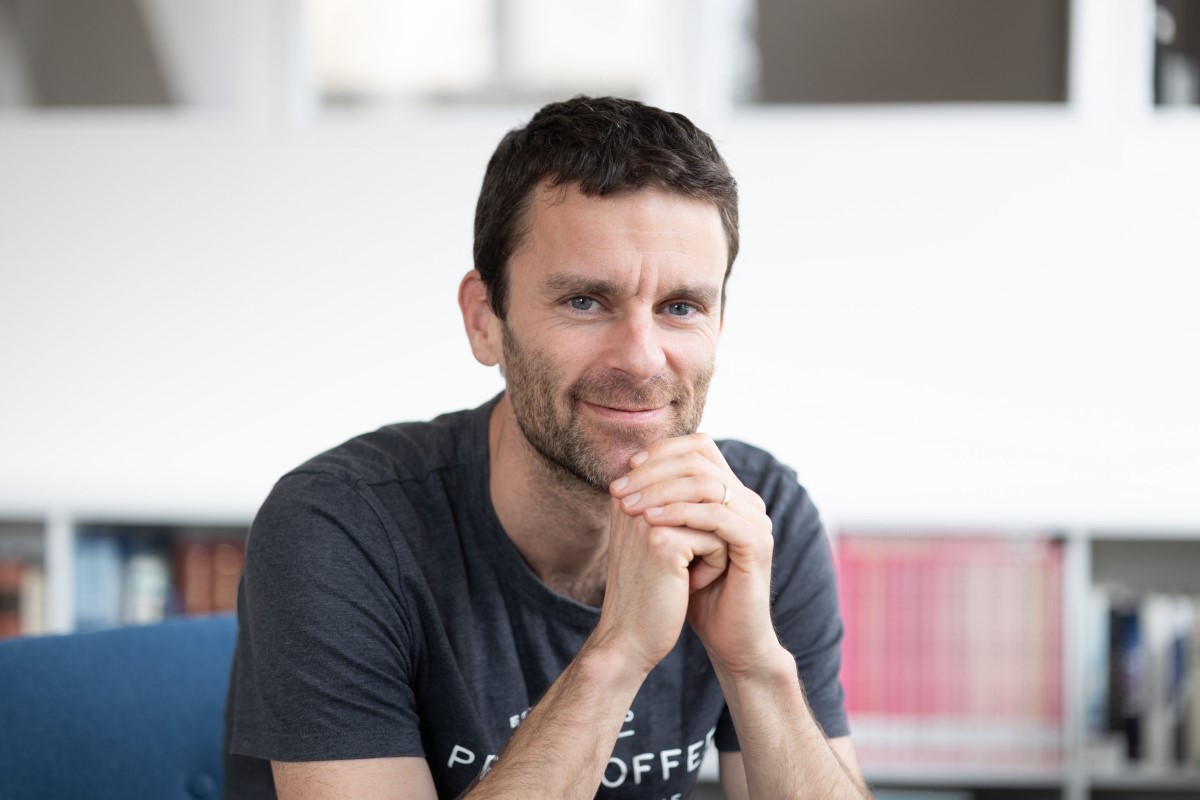
Gábor Boross, an evolutionary and systems biologist, returns to Hungary as part of the HUN-REN Welcome Home and Foreign Researcher Recruitment Programme, following his postdoctoral research on lung cancer evolution in mice at Stanford University in the United States. At the Institute of Evolution of the HUN-REN Centre for Ecological Research, he will establish a new research group to investigate how the ‘driver’ mutations responsible for cancer interact with each other, ultimately leading to the growth of cancerous tumours.
Gábor Boross used the Tuba-seq technology developed at Stanford University. This technology primarily involves the utilisation of CRISPR genome engineering techniques to induce specific mutations in mouse lung epithelial cells. Tumours originating from these mutations are marked with DNA barcodes. By sequencing these short DNA segments, the size of the tumours can be determined, thereby providing insights into how specific mutations impact tumour growth or even how they influence the response to various therapies.
While conducting research in the United States, the young researcher further developed the Tuba-seq technology, considering that human tumours typically result from multiple mutations occurring concurrently. The objective was to enhance the system making it suitable to handle combinations of mutations in a highly scalable manner, allowing for cost-effective measurements of a large number of mutations with minimal experiments. With the backing of the HUN-REN grant, he is now bringing this technology to Hungary and applying it to create high-coverage interaction maps and describe adaptive landscapes that determine the progression of cancer.
As part of the HUN-REN Welcome Home and Foreign Researcher Recruitment Programme, which was announced for the first time in 2023 by the HUN-REN HQ, six Hungarian researchers and one foreign researcher from the international elite are coming to Hungary to form research groups at HUN-REN research sites to undertake their outstanding scientific projects as part of the winning proposals.


